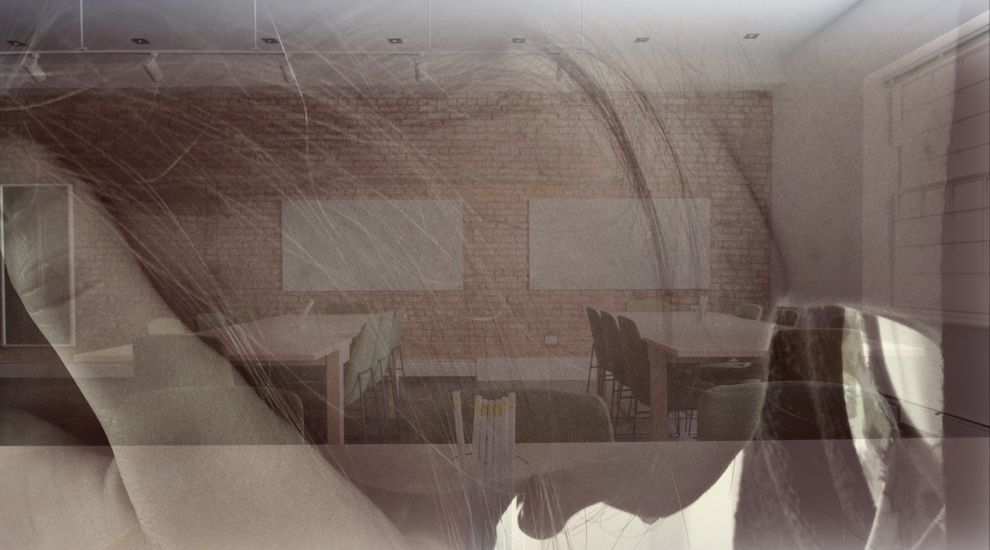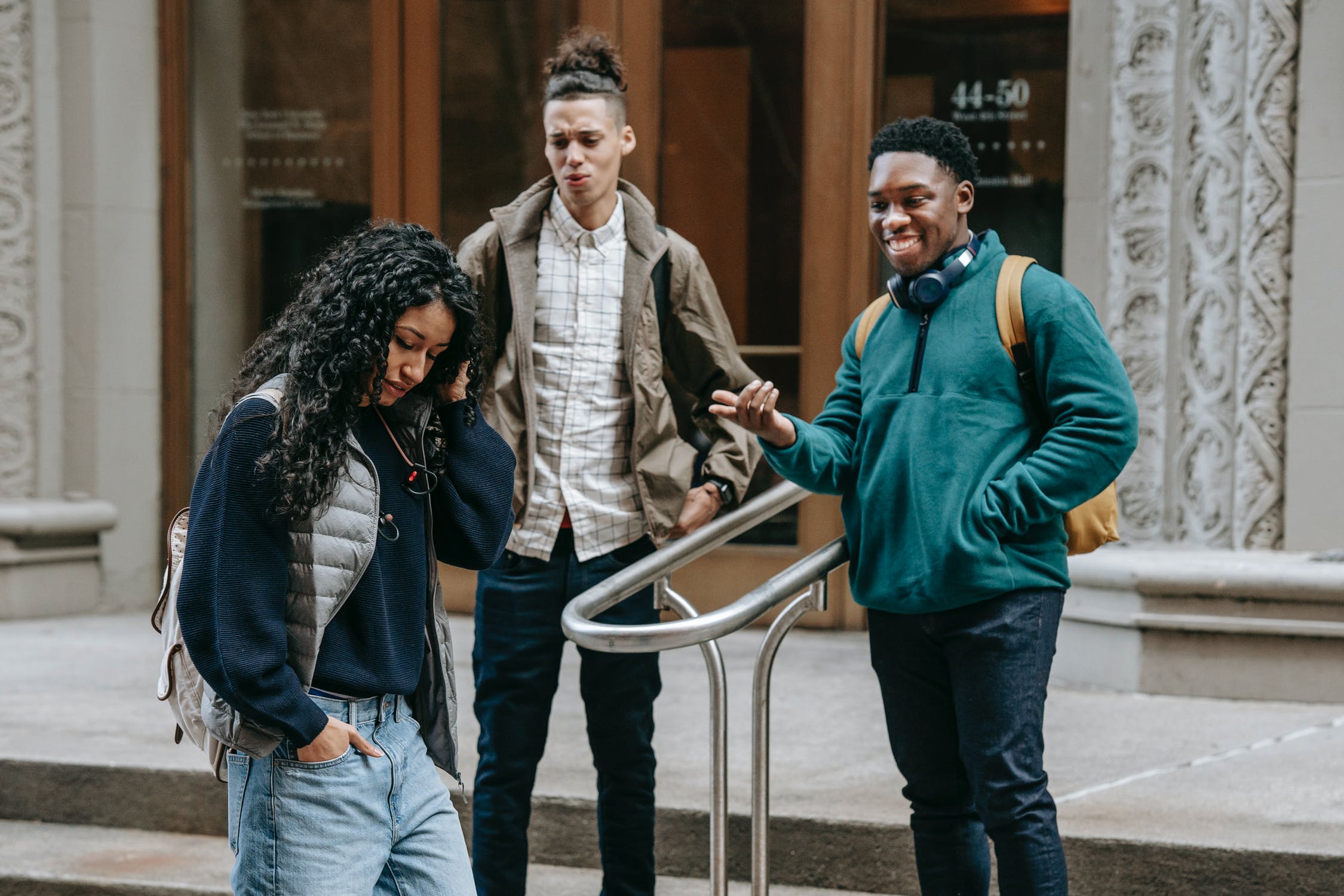


Modern schooling does not hold the preserve, where sexual harassment is concerned.
It has been a part of school life for as long as there have been schools. From playground banter to more serious situations, it has been commonplace, especially at secondary school level.

Pictured: "...it’s the youth of today having to learn where the boundaries are as they move into adulthood."
It is so endemic, that it is seen by many as a right of passage through adolescence, whether they are the protagonist or the victim. Homes that are largely patriarchal foster a disrespect for women, whether they are teachers or peers. But the advent of the World Wide Web has taken the problem to a more worrying level.
A study in the UK showed that 90% of girls have experienced a range sexual motivated assaults, from sexist name calling to being sent explicit images on social media.
The frequency is so great, students do not see the point of reporting abuse and teachers are often guilty of underestimating the problem.
Name calling and bullying are unacceptable in schools, or anywhere in society for that matter, but are generally dealt with using a light touch. Is sexual harassment just another aspect of anti-social behaviour or should it be seen as a separate, more serious issue (as is racism) and dealt with in a more robust, zero-tolerance manner?

Pictured: "If schools are being asked to ‘educate’ children in respect of what is at best inappropriate behaviour and at worst a possible crime, do they wield a big stick or endeavour to engage and discuss?"
Superintendent Alison Fossey has suggested that it could be treated as a hate crime, with the consequence that it becomes a criminal offence. But do we want to risk criminalising children to get a handle on the problem?
Whilst working in a tough Manchester ‘overspill’ school back in the nineties, I witnessed a teenage girl give a young buck a bloody nose for daring to invade her personal space.
Whilst violence cannot be condoned the stance that has to be taken should be to effect the same end result, drawing a line across behaviour that is unacceptable. The lad learned a hard lesson, and it is not being woke standing up to such indignities, rather it’s the youth of today having to learn where the boundaries are as they move into adulthood.
Whatever the SPB decree, it should seek to educate rather than draft up draconian rules, or worse still, create another policy document that lies gathering dust on the headteacher’s shelf.
If schools are being asked to ‘educate’ children in respect of what is at best inappropriate behaviour and at worst a possible crime, do they wield a big stick or endeavour to engage and discuss?

Pictured: "Where in an already over-crowded curriculum does a school find the quality time to ‘educate’ pupils in respect of sexual harassment?"
Where in an already over-crowded curriculum does a school find the quality time to ‘educate’ pupils in respect of sexual harassment? Squeezing the issue into a couple of lessons in a busy PSHE syllabus does not do it justice, and does the teacher have the correct training to deliver the subject matter?
In the Ofsted survey, pupils stated that sex-education in schools, outside of the basic biological aspects, is sadly lacking. Staff training is likely to be on the SPB agenda but do all staff need to get brought up to speed?
The use of restorative justice is a possible vehicle, providing the perpetrator with a better understanding of their actions as well as giving the victim the opportunity to describe their feelings at being the object of abuse. But again, this raises the issue of how skilled the teacher is in providing such a facility.
Most of the scenarios centre around the teenage years. This is the time of puberty, when a child’s body is maturing. Changing hormone levels play havoc with everything from brain function and sleeping habits, to emotional feelings.
For many it is a difficult transition, beset with mood swings as they endeavour to come terms with what is happening to them. This is where educating in respect of mental health relating to emerging sexuality is important. But where does a school find the time and expertise to train and to deliver?
The issue of sexual harassment goes beyond the school gates and right into the heart of our own community. Parents have an important role to play. It should not be incumbent on just the schools to educate the rights and wrongs. The culture that breeds and feeds sexism and misogyny has to be confronted. It begins in our homes and schools but people in positions of responsibility should also act in accordance with their elevated status.